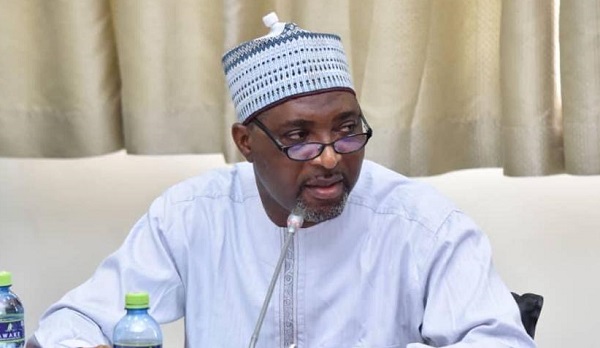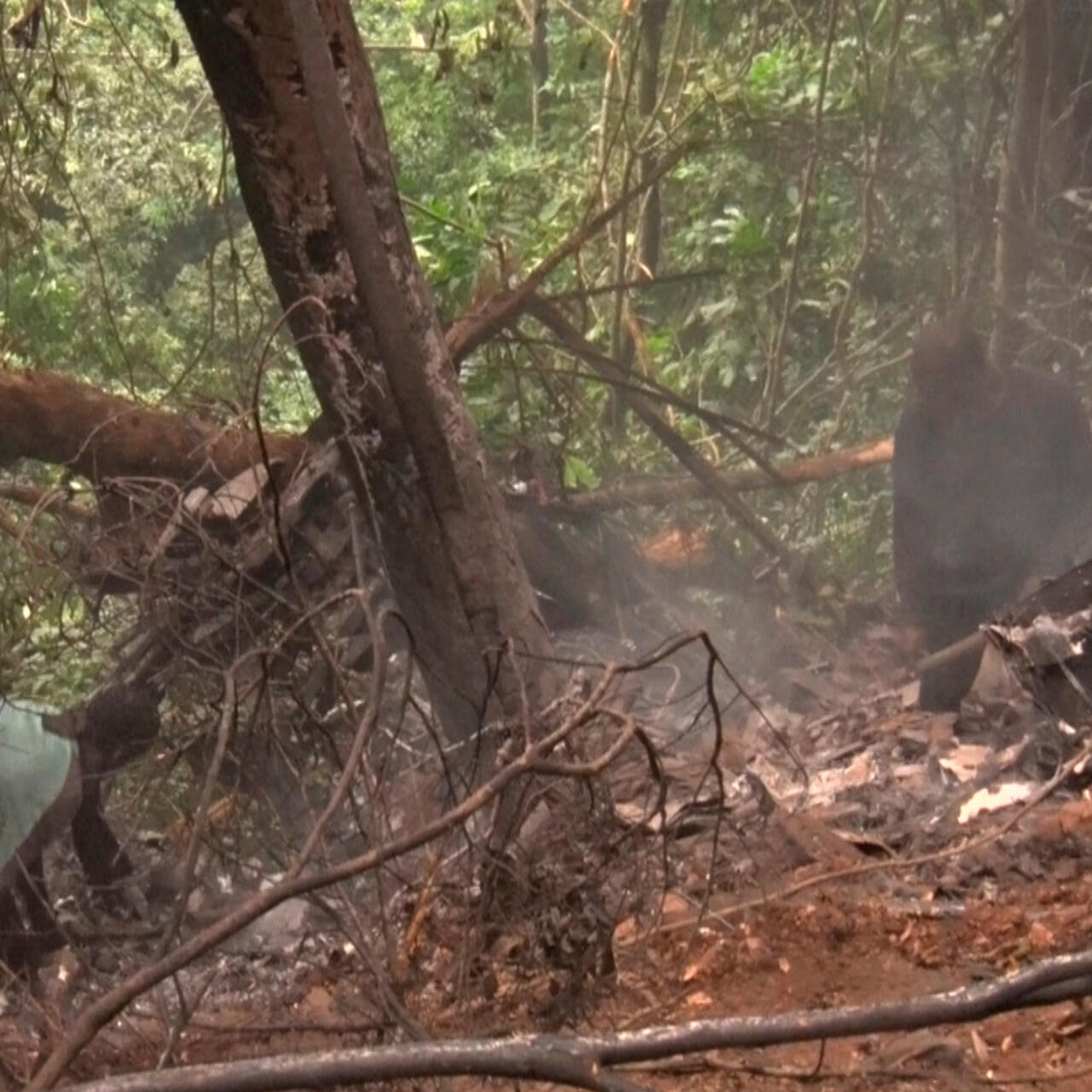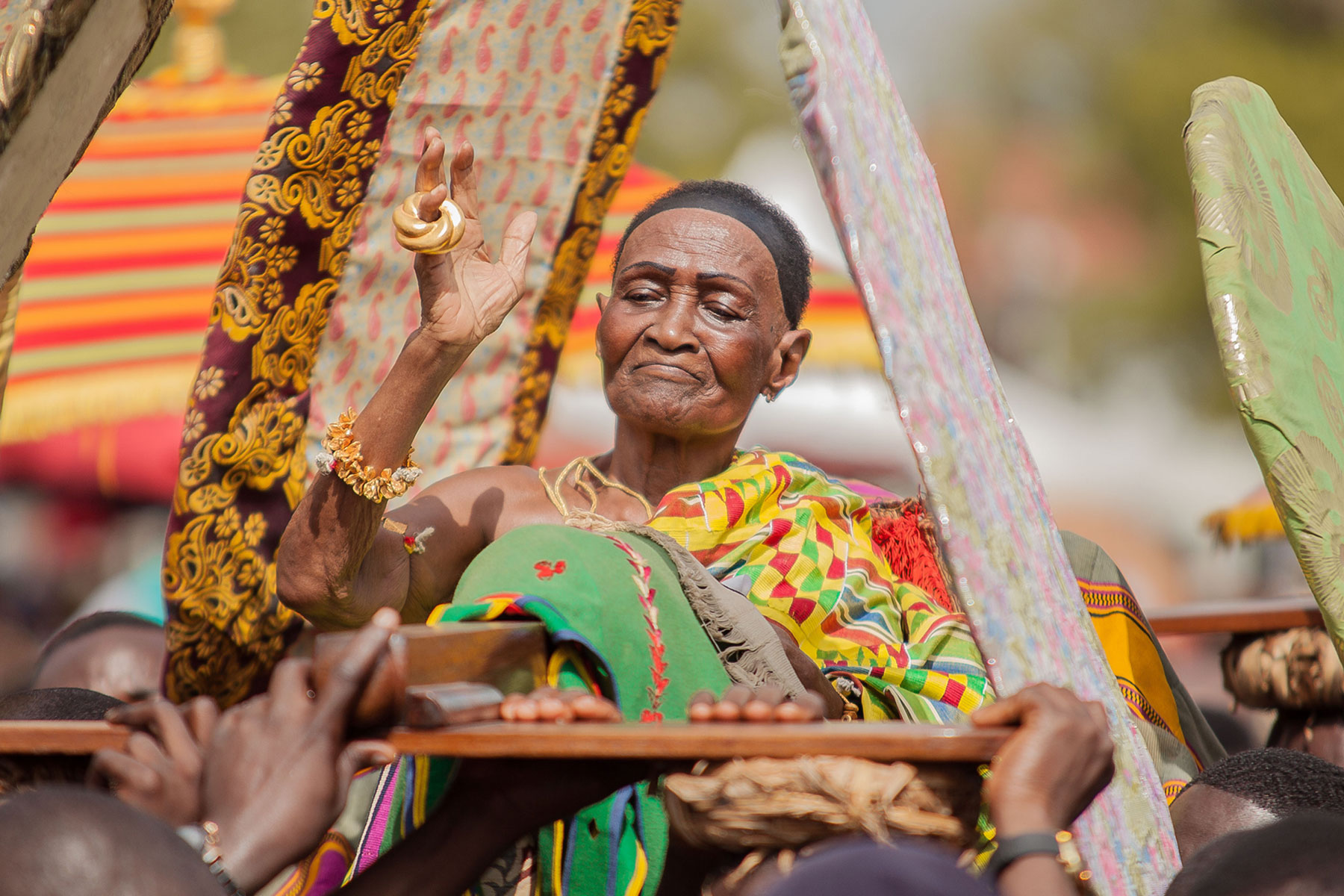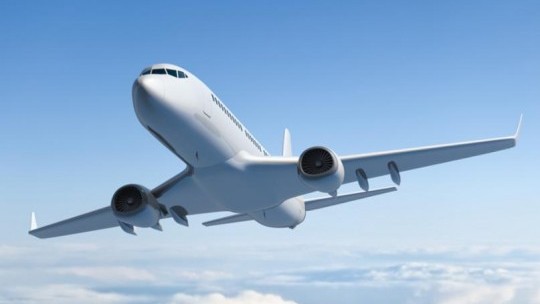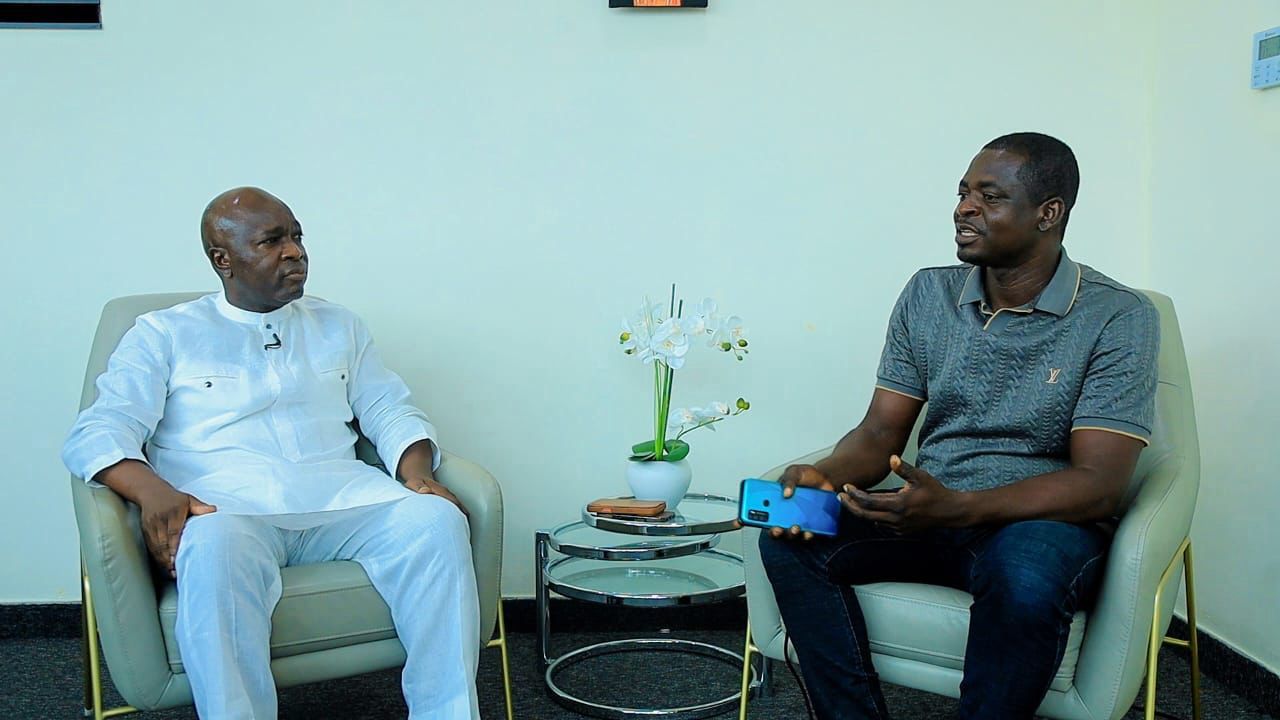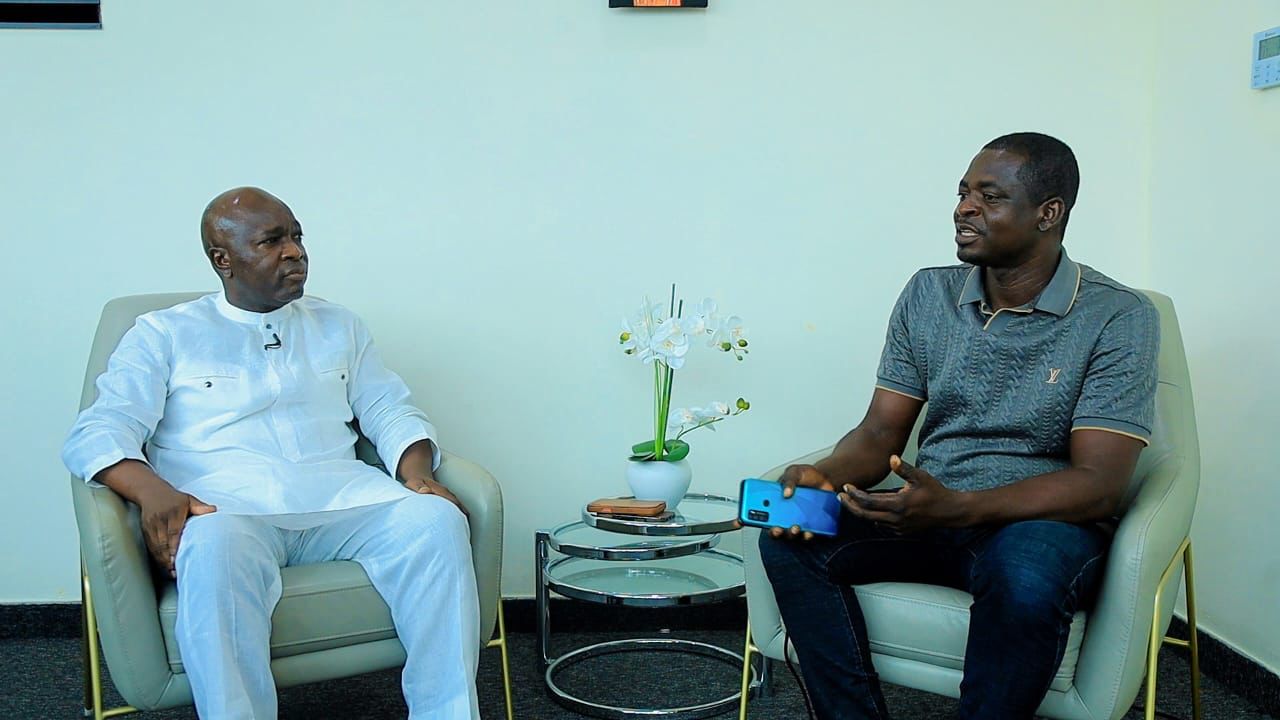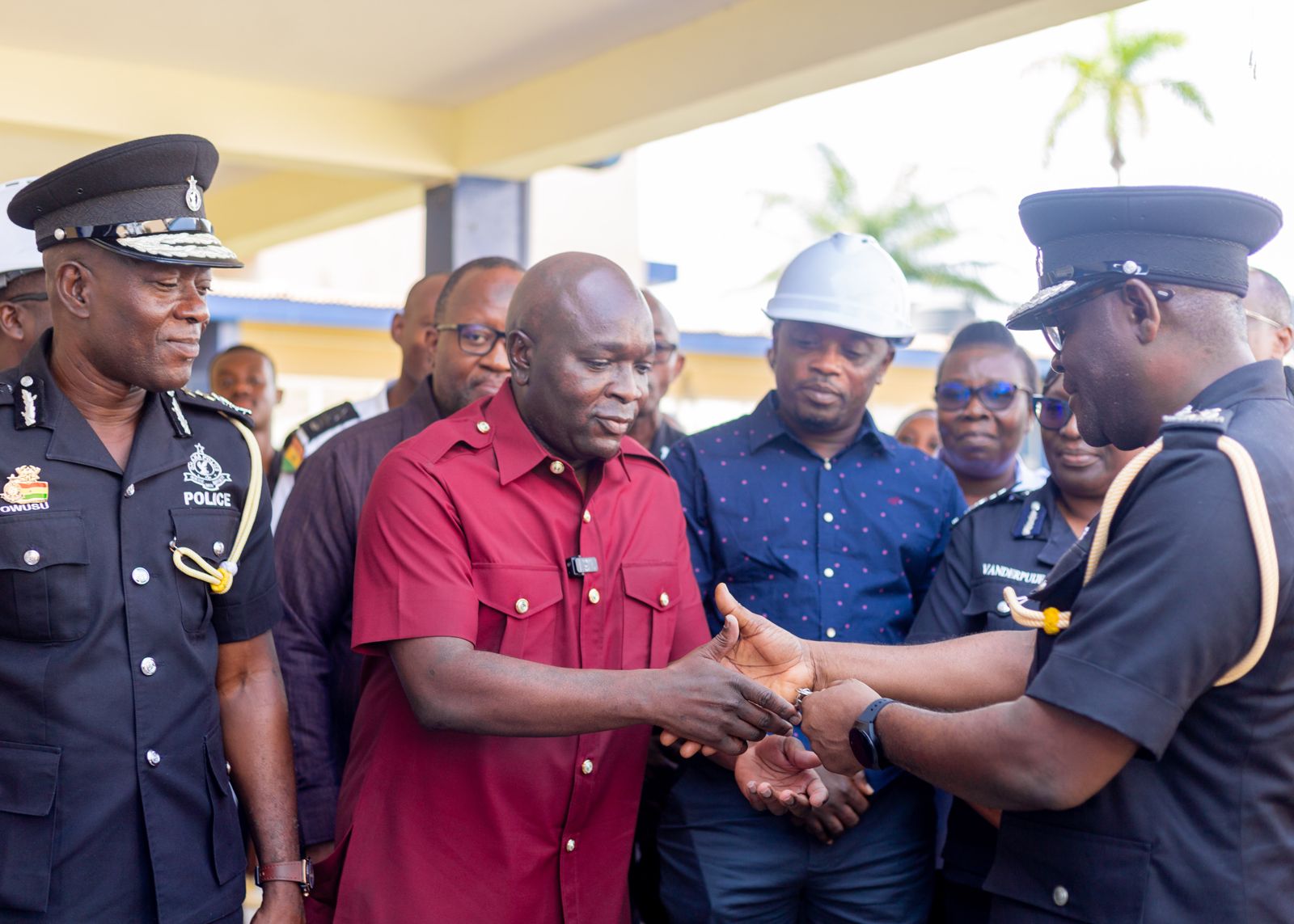A Just days before the fatal helicopter crash that claimed the life of Dr. Edward Omane Boamah, the late minister had privately expressed deep unease about traveling by air—a mode of transport he had long avoided and only reluctantly embraced for the first time under the current administration.
The military helicopter went down on Wednesday, August 6, killing all eight on board. Among the deceased were prominent government officials: Minister for Environment Dr. Ibrahim Murtala Mohammed, NDC Vice Chairman Dr. Samuel Sarpong, Deputy NADMO Director-General Samuel Aboagye, and three military personnel.
In a radio interview with Joy FM on Monday, Interior Minister Muntaka Mohammed-Mubarak recalled a candid conversation with Dr. Boamah just one week before the crash. The topic: helicopters—and Boamah’s strong preference to stay grounded.
“The President had asked me to travel urgently to Tamale,” Mr. Mohammed-Mubarak recounted. “I requested a helicopter from the Air Force. When I called, the commander didn’t hold back.”
According to the minister, the Air Force commander advised against using the helicopter and instead recommended a CASA aircraft, a larger, fixed-wing military transport plane typically used for longer, safer missions.
“He told me, ‘Muntaka, I don’t know what is wrong with you. Why use this helicopter? I’ve told you I’m not comfortable with it—why not use the CASA?’” Mr. Mohammed-Mubarak said.
Despite the commander’s objections, the minister pressed ahead, arguing that deploying the 40-seater aircraft for a two-person mission was excessive. The late Defense Minister, however, offered a final word of caution: “Your safety is more important than the cost you’re thinking about.”
That logic would later resonate with Dr. Boamah, who had also been dispatched northward on a government assignment—part of an aggressive push by the administration to clamp down on illegal mining, or galamsey, in Ghana’s resource-rich interior.
Though he had never flown in a helicopter before, Dr. Boamah made the decision to join the anti-galamsey mission from the air. It was a choice driven by duty, not comfort.
“He was deeply uncomfortable with the idea of flying,” Mr. Mohammed-Mubarak said. “But he believed in the mission. He told the President he would give everything to the fight against illegal mining.”
That commitment, the minister added, made the loss even harder to bear.
“The first time he boarded a helicopter, he never returned,” he said, his voice heavy. “You understand why some of us are broken. We knew how strongly he felt about it. But he did it because he believed in the cause.”
As the government continues to investigate the crash, the deaths of Dr. Boamah and his colleagues have cast a shadow over the administration



